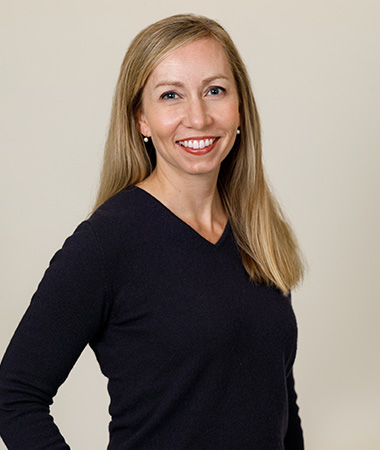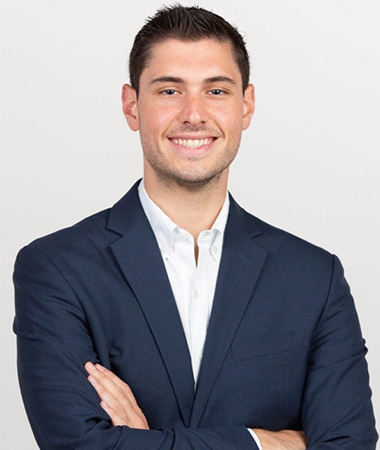Professional Development: Psychological Research in Practice
For many psychological researchers and scholars, receiving a graduate degree does not always cement their pathways within academia. Instead, a growing number of researchers are looking outside of traditional career trajectories to positions in the mental health and well-being sectors that can benefit from the skills they developed as an academic.
Michael Mullarkey, a senior data scientist at Aiberry, described his early career journey from researching clinical psychology at the University of Austin to his current role with a mental health screening platform, where he applies the principles of psychological science to help grow and support the company.
Mullarkey said there isn’t one quick path to make the transition from academia to industry, but one of the most important skills he brought with him is his ability and willingness to learn new information quickly.
Cara Bohon agreed that each journey from academia to industry is unique. Bohon previously held a faculty position in the psychology department at Stanford University. She decided to transition to industry to engage in work that felt more translatable and relevant for society. She now serves as the senior vice president of Clinical Programs at Equip Health, an eating disorder treatment program.
Her advice for those looking to transition was to be open to learning. “There’s so much you don’t know when you are living life in academia,” she said.
James Dunlea began his presentation by admitting, “I am pretty much the worst possible candidate for an industry job.” Despite his niche research experience, Dunlea was able to translate his skillset from academia into what hiring managers at industry jobs were seeking. His journey took him from studying social psychology at Columbia University to his current position as the head of behavioral science at Healogix, a global marketing company that supports pharmaceutical and biotechnology industries.
“As a person with a non-clinical graduate degree in psychology, it is refreshing to see examples of the variety of paths someone with a psychology background can take, especially in applied psychological science,” said webinar attendee Karen-Nicole “Nikky” Randel, an integrated primary prevention officer with the Nevada National Guard. “The overwhelming message to graduate students is that academia or clinical practice are the only pathways, when the reality is that there are so many other options available.”
What you will learn:
- What different pathways from academia to industry positions have looked like for rising professionals
- The skills to emphasize to hiring managers when considering a transition outside of academia
- The potential pros and cons of pursuing an industry job vs staying in an academic position
Speakers

Cara Bohon
Equip HealthDr. Cara Bohon is a clinical psychologist, SVP Clinical Programs at Equip Health, and Clinical Associate Professor at Stanford University. Dr. Bohon earned her Ph.D. in Clinical Psychology from the University of Oregon, her B.S. in Psychology from Vanderbilt University, and completed internship and postdoc training at UCLA.


